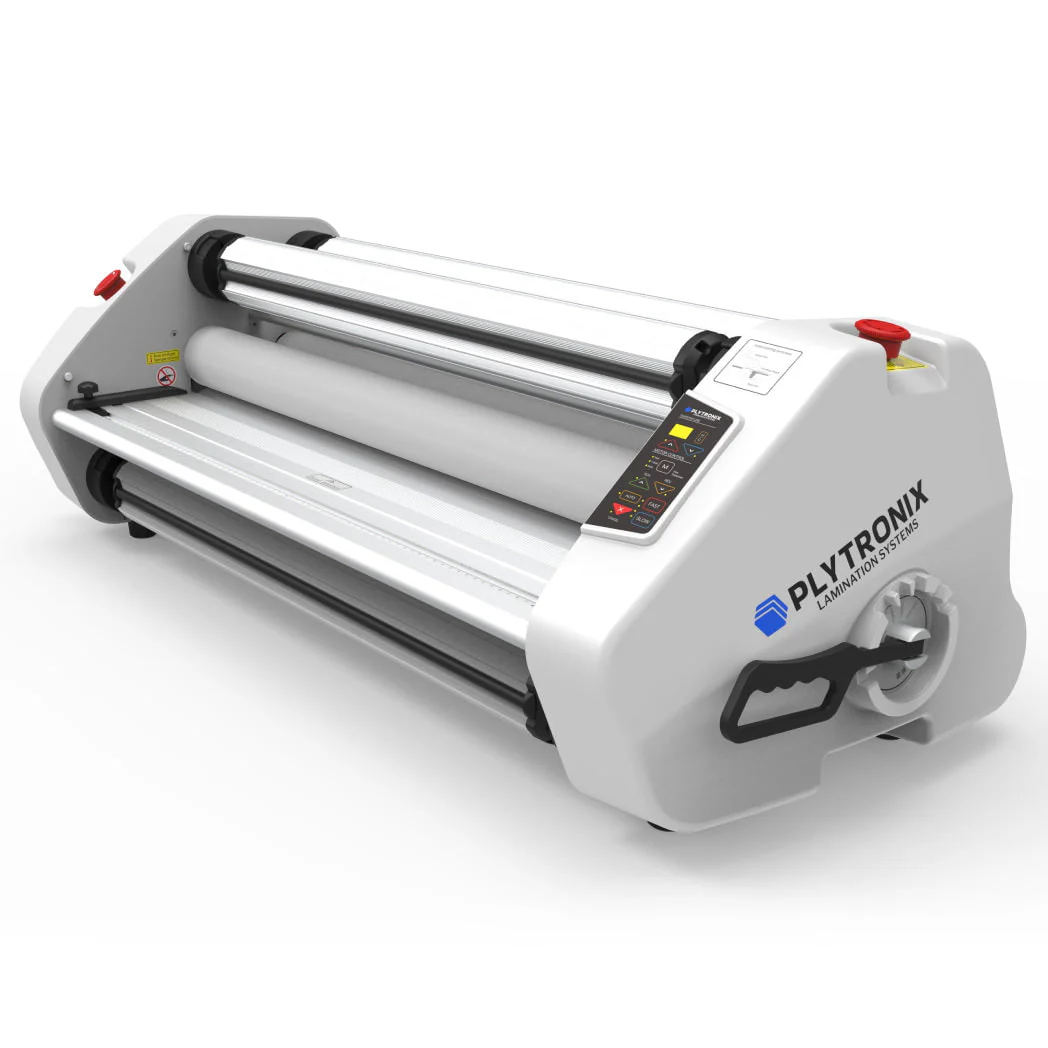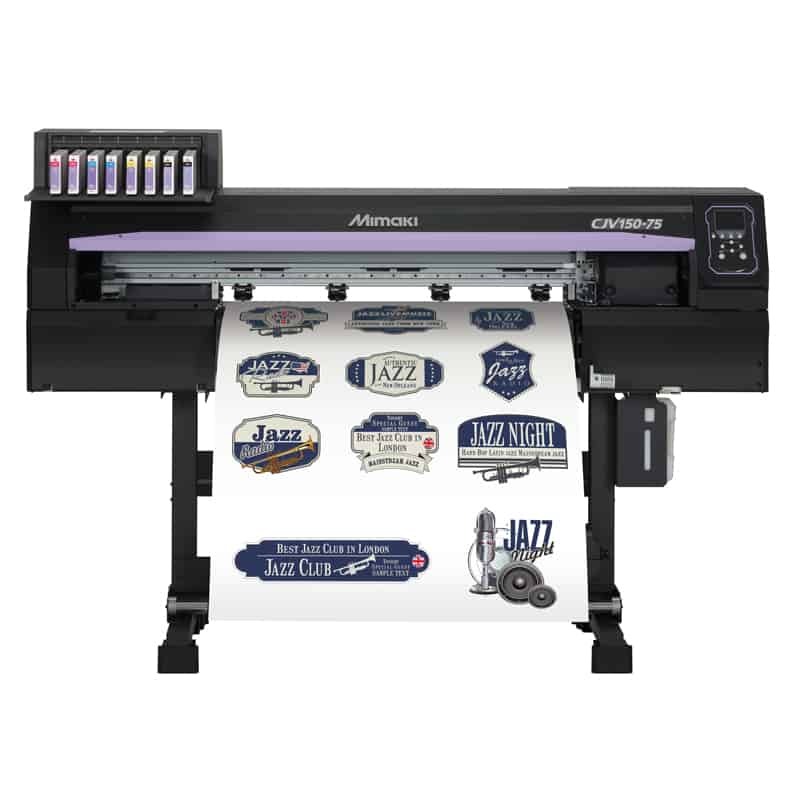In today's business landscape, cutting costs and maximizing efficiency are top priorities for many organizations. One area where businesses often look to save money is by purchasing used copiers. Buying a used copier can be a cost-effective solution, but it's essential to navigate the process carefully to avoid common mistakes. In this article, we will discuss some crucial missteps to avoid when purchasing used copiers and provide you with practical tips to make a wise investment decision.
Introduction
Purchasing a used copier can offer significant advantages, such as lower upfront costs and potential savings on ongoing maintenance and supplies. However, without proper diligence, it's easy to fall prey to common pitfalls that could lead to a less-than-satisfactory purchase. By being aware of these mistakes and taking appropriate measures, you can ensure a smooth and successful transaction.
Not Assessing Your Needs
One of the most common mistakes when purchasing a used copier is failing to assess your specific needs adequately. Before diving into the market, take the time to evaluate your organization's requirements. Consider factors such as the volume of printing, desired printing speed, and additional functionality required, such as scanning or faxing capabilities. Assessing your needs upfront will help you narrow down your options and select a copier that aligns perfectly with your business requirements.
Failing to Research the Seller
When buying a used copier, it's crucial to research the seller thoroughly. While there are reputable sellers in the market, there are also unscrupulous ones who may sell faulty or stolen equipment. Look for sellers with a solid reputation and positive customer reviews. Check if they offer any warranties or return policies. It's worth spending time researching and verifying the seller's credibility to avoid potential headaches down the road.
Neglecting to Inspect the Copier
Inspecting the used copier in person is an essential step that should not be overlooked. Don't solely rely on online descriptions or images. Arrange a visit to physically inspect the copier before making a purchase. Check the condition of critical components such as the paper feed, toner levels, and print quality. If possible, ask for a test run to ensure the copier operates smoothly and meets your expectations.
Overlooking Maintenance History
The maintenance history of a used copier can provide valuable insights into its reliability and performance. Ask the seller for records of past maintenance and repairs. A copier with a poor maintenance history might be prone to frequent breakdowns or require costly repairs. Understanding the maintenance background will help you make an informed decision and avoid purchasing a copier with hidden issues.
Ignoring Total Cost of Ownership
While the initial purchase price of a used copier may be attractive, it's essential to consider the total cost of ownership (TCO). TCO includes factors beyond the upfront cost, such as ongoing maintenance, supplies, and energy consumption. A copier with a lower purchase price might end up costing you more in the long run if it requires expensive maintenance or consumes excessive amounts of toner. Evaluate the TCO to ensure your purchase remains cost-effective over its lifespan.
Not Considering Future Compatibility
Technology evolves rapidly, and it's crucial to consider future compatibility when purchasing a used copier. Ensure that the copier integrates seamlessly with your existing software and network systems. Buying an outdated copier may result in compatibility issues, making it challenging to leverage advanced features or connect with other devices in your office. Think ahead and choose a copier that will support your future business needs.
Skipping Warranty or Service Agreements
Warranties or service agreements are essential safeguards when buying a used copier. They provide protection against unexpected breakdowns and repair costs. Look for sellers who offer warranties or service agreements for the used copier you're considering. Read the terms and conditions carefully to understand what is covered and for how long. Investing in a warranty or service agreement will give you peace of mind and protect your investment.
Disregarding Customer Reviews or Feedback
Before finalizing your purchase decision, take the time to research customer reviews or feedback on the specific copier model you're considering. Learn from the experiences of others who have used the same copier. Their insights can provide valuable information about reliability, print quality, and overall performance. Consider multiple sources of reviews to get a well-rounded understanding of the copier's capabilities and limitations.
Rushing the Decision
One common mistake is rushing the decision to purchase a used copier. Take your time to compare options, research thoroughly, and make a well-informed choice. Rushing can lead to overlooking crucial factors or settling for a copier that doesn't fully meet your requirements. Remember that purchasing a used copier is an investment, and investing time upfront will help you avoid regrettable choices in the future.
Conclusion
Purchasing a used copier can be a smart decision for businesses looking to save money without compromising functionality. By avoiding common mistakes such as neglecting to assess your needs, failing to research the seller, and overlooking maintenance history, you can ensure a successful purchase. Remember to consider the total cost of ownership, future compatibility, and customer reviews, and avoid rushing the decision. With careful consideration and diligence, you can find a high-quality used copier that meets your business requirements and delivers long-term value.
FAQs
Are used copiers reliable?
- Yes, used copiers can be reliable if purchased from reputable sellers and properly maintained. Inspecting the copier's condition and reviewing its maintenance history can help assess its reliability.
Can I get a warranty for a used copier?
- Yes, some sellers offer warranties or service agreements for used copiers. It's advisable to inquire about warranty options before making a purchase.
What factors should I consider when assessing my copier needs?
- Factors to consider include volume of printing, desired printing speed, additional functionality requirements (such as scanning or faxing), and compatibility with existing software and network systems.
How can I research the credibility of a seller?
- You can research a seller's credibility by reading customer reviews, checking their reputation on trusted platforms, and asking for references from previous customers.
What is the total cost of ownership for a copier?
- The total cost of ownership for a copier includes the initial purchase price, ongoing maintenance costs, supplies (such as toner or ink), and energy consumption. Evaluating the TCO helps determine the long-term affordability of a copier.


































![Absolute Toner $95/month 50" [FREE BONUS] AUTOMOTIVE PPF EDITION JAGUAR V-LX GCC J5-101LX-SE TINT PROTECTION FILM & TINT Cutter Window Tinting Plotter Vinyl Cutters](http://www.absolutetoner.com/cdn/shop/files/Photoroom-20250201_185430.png?v=1738485107)










